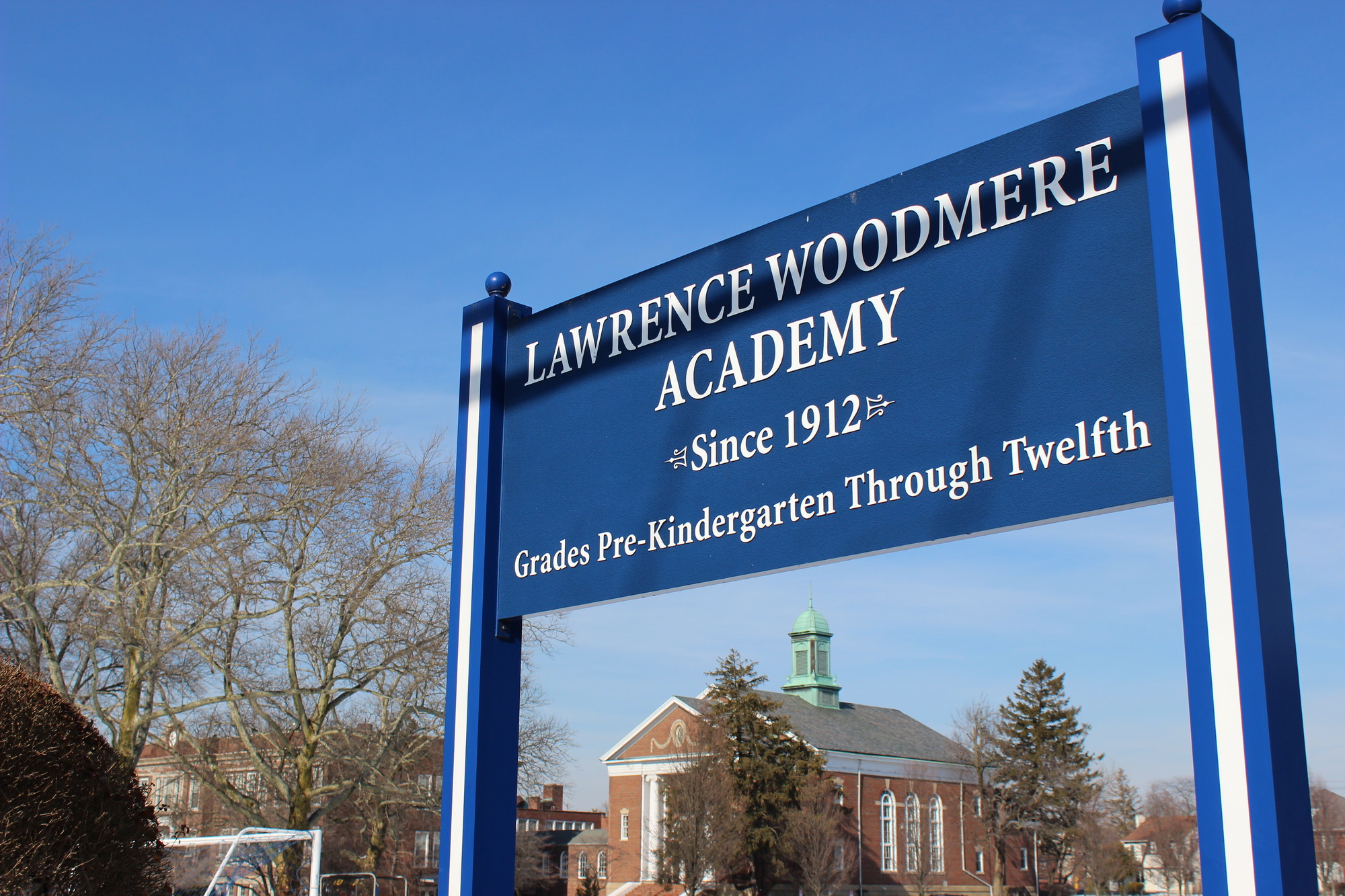Nassau County’s sex-offender law struck down
Court rules that state’s policies supersede local regulations on where convicted criminals can live
In a unanimous decision, New York state’s highest court ruled on Feb. 17 that local and county governments cannot mandate where sex offenders may live in any way that contradicts policies the state already has in place.
The ruling, by the New York State Court of Appeals, states that Nassau County does not have the power to prohibit many sex offenders from living near schools or parks, because the state does not have such a law. Woodmere resident Michael Diack, who was convicted in 2001 of possessing child pornography and served 22 months in prison, was classified as a Level I offender, the lowest of three levels of sexual criminals. Diack challenged the county’s law in court, arguing that state law — which has residency restrictions only for Level III offenders — superseded local regulations.
In 2006, the county enacted a law making it illegal for any registered sex offender to live within 1,000 feet of a school or 500 feet of a park. Those who violated the law were charged with a misdemeanor offense.
In 2011, a district court ruled in Diack’s favor. The county won an appeal of the district court’s decision two years later, but the ruling by the Court of Appeals struck down the county’s law.
Since the state had established laws — only for Level 3 sex offenders — that included registration and monitoring, Nassau County had “encroach[ed] upon the state’s occupation of the field,” Judge Eugene Pigott Jr. wrote in the court’s decision.
Diack had moved to Woodmere and told state authorities of his relocation in 2008, but when Nassau County police officers were notified, they found his residence to be within 500 feet of two schools, Lawrence Woodmere Academy and the Hebrew Academy for Special Children, both on Woodmere Boulevard. The county gave him one year to relocate. In 2009, Diack was still living within 1,000 feet of LWA, and still in violation of county law.
Salvatore Marinello, the attorney who represented Diack in County Court proceedings, said, “The law was inappropriate to begin with. There should be a residential requirement, however, the state controls this, not Nassau County. Local laws must be consistent with the state. What everyone should do at the state and local level is get together and have legislation redo the residential provisions and make the county consistent with the state.”
Marinello said that Diack has been happily married, has operated a thriving business and has had no probation or parole violations or any more convictions since the original charge nearly 14 years ago.
Reacting to the Court of Appeals’ ruling, County Executive Edward Mangano said that the county law was created to protect children from perpetrators of sexual crimes. “Given the court’s decision, I urge the State Legislature to strengthen state law immediately,” he said.






